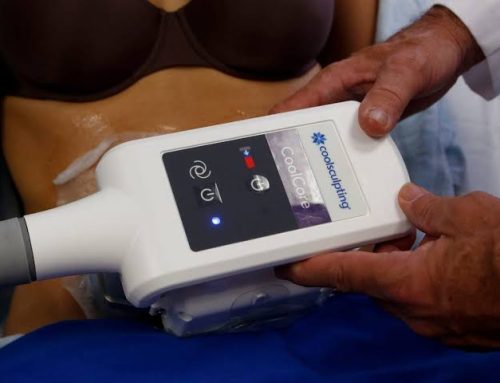Introduction
Breast augmentation has empowered countless individuals to feel more confident and content with their bodies. However, as time passes, breast implants may require replacement or revision for various reasons. In this article, we will explore the why, when, and what associated with changing breast implants, as well as the potential complications like fibrosis. We will also delve into the emerging trend of implants with a lifetime guarantee, offering peace of mind to those considering breast augmentation.
When should I renew my breast implants?
- Implant Age: One of the primary reasons for considering implant replacement is the age of the implants. Breast implants are not intended to last a lifetime, and most manufacturers recommend that they be replaced every 10-15 years. This is not a hard and fast rule, but it provides a general guideline for evaluation.
- Implant Rupture or Leakage: Over time, breast implants can develop leaks or ruptures, leading to deflation or changes in breast shape. In such cases, prompt replacement is necessary to maintain breast aesthetics.
- Capsular Contracture: Capsular contracture occurs when the tissue capsule around the implant tightens and contracts. This can lead to discomfort, distortion of breast shape, and pain. Replacing the implants and addressing the capsule may be necessary.
- Implant Position Changes: Implants may shift or develop asymmetry, causing an uneven or unnatural appearance. Revision surgery can correct this and restore symmetry.
- Size and Aesthetic Preferences: As time passes, personal preferences and body shape may change. Some individuals choose to change their implants to achieve a different size, shape, or type of implant that better suits their current lifestyle and aesthetic goals.

What is implant fibrosis?
Fibrosis, or the formation of scar tissue, can occur around breast implants. This condition, known as capsular contracture, can lead to breast hardness, distortion, and discomfort. It is one of the complications that may prompt implant replacement. In some cases, the capsule can be surgically released or removed during revision surgery to improve breast appearance and comfort.
When should I replace my breast implants?
The best time to change breast implants is when issues such as rupture, leakage, capsular contracture, or aesthetic concerns arise. Regular follow-up appointments with a plastic surgeon are essential to monitor the condition of the implants and to address potential complications early.
Are there breast implants that last a lifetime?
Emerging advancements in breast implant technology have led to the introduction of implants with a lifetime guarantee. These implants are designed to provide long-term durability and satisfaction. They often come with warranties or guarantees that cover the cost of implant replacement in case of rupture or deflation. This offers peace of mind to individuals considering breast augmentation, knowing that they may not need to budget for implant replacement in the future.

Conclusion
Breast implant replacement is a common part of the breast augmentation journey, ensuring the continued satisfaction and confidence of individuals who have undergone this procedure. The decision to change breast implants is a personal one, influenced by various factors, including the age of the implants, complications, and changing aesthetic preferences. Emerging options like implants with a lifetime guarantee provide added reassurance to those considering or undergoing breast augmentation. Regular consultations with a qualified plastic surgeon are crucial to address concerns and determine the best course of action for maintaining beautiful and healthy results.
Disclaimer: The content on this blog is intended for general informational purposes only. It is not a substitute for professional medical advice, diagnosis, or treatment. Always consult qualified healthcare providers for personalized advice. Information regarding plastic surgery, dental treatment, hair transplant, and other medical procedures is educational and not a guarantee of results. We do not assume liability for actions taken based on blog content. Medical knowledge evolves; verify information and consult professionals. External links do not imply endorsement. By using this blog, you agree to these terms.









